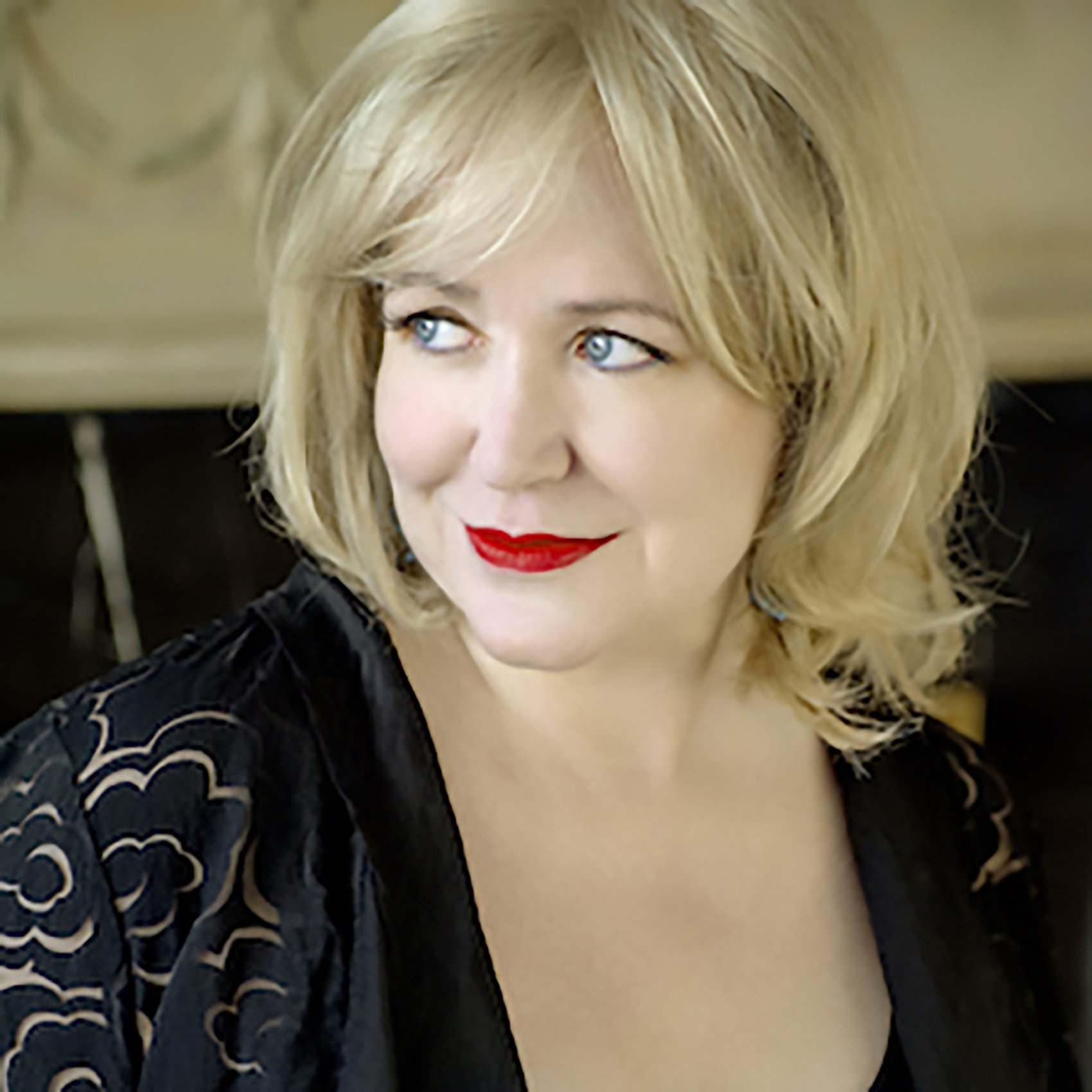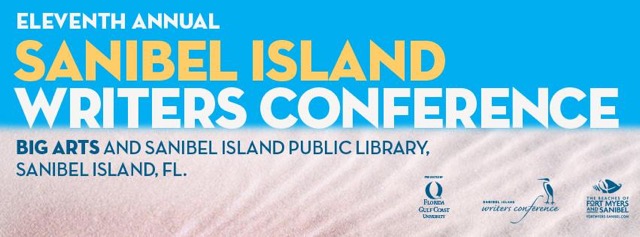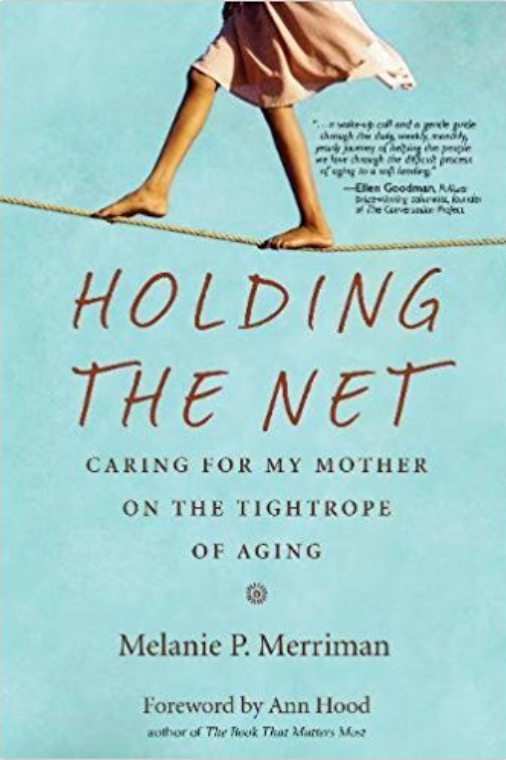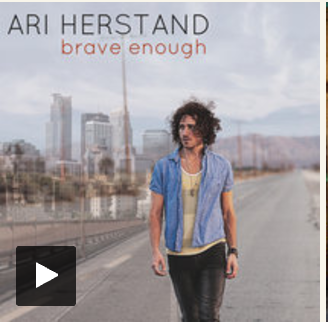Show Notes Episode 166: The Most Unique Essay We've Ever Aired
/Today on our show, we bring you a story by Kimberly Elkins. Kimberly is the author of the novel, WHAT IS VISIBLE, which was a New York Times Book Review Editors' Choice and named to several Best of 2014 lists. She’s written for The Atlantic, The New York Times, The Iowa Review, The Chicago Tribune, The Los Angeles Review of Books, Glamour, Slice, The Cincinnati Review, and Best New American Voices. She was a Finalist for the National Magazine Award, and has also won a New York Moth StorySlam. You can find her on X @GoodWordGirl.
Kimberly’s story was originally published in The Cincinnati Review and is the most unique essay I think we’ve ever gotten. It uses second person point of view and still, it’s vulnerable. It’s short. It’s mighty. It’s amazing.
Writing Class Radio is hosted by Allison Langer and Andrea Askowitz. Audio production by Matt Cundill, Evan Surminski, Chloe Emond-Lane, and Aiden Glassey at the Sound Off Media Company. Theme music is by Justina Shandler.
There’s more writing class on our website including stories we study, editing resources, video classes, writing retreats, and live online classes. Join our writing community by following us on Patreon.
If you want to write with us every week, you can join our First Draft weekly writers groups. You have the option to join me on Tuesdays 12-1 ET and/or Thursdays with Eduardo Winck 8-9pm ET. You’ll write to a prompt and share what you wrote. You can also sign up for Second Draft, which meets Thursdays 12-1 ET. This group is for writers looking for feedback on a more polished draft for publication. If you’re a business owner, community activist, group that needs healing, entrepreneur and you want to help your team write better, check out all the classes we offer on our website, writingclassradio.com.
Join the community that comes together for instruction, an excuse to write, and the support from other writers. To learn more, go to www.Patreon.com/writingclassradio. Or sign up HERE for First Draft for a FREE Zoom link.
A new episode will drop every other WEDNESDAY.
There’s no better way to understand ourselves and each other, than by writing and sharing our stories. Everyone has a story. What’s yours?
Transcript
Andrea Askowitz 0:00
I'm Andrea Askowitz.
Allison Langer 0:16
I'm Alison Langer and this is Writing Class Radio. You'll hear true personal stories and learn how to write your own stories. Together, we produce this podcast which is equal parts heart and art. By heart, we mean the truth in a story and by art, we mean the craft of writing. No matter what's going on in our lives. Writing Class is where we tell the truth. It's where we workout our shit.
Andrea Askowitz 0:39
Shit.
Allison Langer 0:41
There's no place in the world like Writing Class, and we want to bring you in.
Andrea Askowitz 0:46
Today on our show, we bring you a story by Kimberly Elkins. Kimberly is the author of the novel What Is Visible, which was a New York Times Book Review Editor's Choice and name to several Best of 2014 lists. She's written for the Atlantic, the New York Times the Iowa review, the Chicago Tribune, the Los Angeles Review of Books, Glamour slice, the Cincinnati review, and Best New American voices. She was a finalist for the National Magazine Award and has also won a New York moth story slam. Okay, now I'm jealous.
Allison Langer 1:19
Good God. That's a long list.
Andrea Askowitz 1:22
I know she's gotten all this great writing stuff. But I'm jealous of her New York Moth Story Slam win. Damn her.
Allison Langer 1:30
Yeah, you are.
Andrea Askowitz 1:31
Okay. Her website is Kimberlyelkins.com and you can find her on Twitter at Good Word Girl. All of this info will be on our website and in our show notes wherever you get your podcast. Her story was originally published in the Cincinnati Review. Yay for the Cincinnati Review because now they got my attention. This is the most unique essay I think we've ever gotten. It uses the second person point of view, and it's still vulnerable. It's short. It's mighty. It's amazing.
Allison Langer 2:03
Back with Kimberly Elkins story after the break. We're back. This is Alison Langer and you're listening to Writing Class Radio. Up next is Kimberly Elkins reading her story, The Game For Winners.
Kimberly Elkins 2:16
We call it fainting. Gathered in a not at recess or after lunch at an Empty Quarter or corner of the gym. Wherever the teachers had been told to stop the game couldn't find us. The game went like this. You knelt and breathe deeply 1,2,3 and then jumped up as hard and as fast as you could. A boy's arms wrapped around you from behind in a bear hug squeezing the air from your diaphragm. A tingle in your stomach, hard trail, thrill burn up to your chest. Like the compression of body in the seconds and airplanes wheels leave the ground. You slumped in his arms as the world pinhole to one tiny point of blackness. And when you walk lying on the floor, how much later minutes or hours or days you had no idea. The strange faces crowded in the circle above you, seconds of near terror. You would left this life, this realm for an obliteration of consciousness of the cornerless sky and of all the senses. And there was no better feeling than waking to that thunderhead of confusion. You find euphoria in disorientation. You find euphoria in displacement. You find euphoria and losing the who, what, when, where and why. To be lost is to dwell wholly in the present and so you continue to choose it. Breathe deeply in and out 1,2,3 and jump up in bed to do it again and again until your vision doubled, and your head and on the stalk of your neck. The best fainter that's what you were. The unbeaten champion, the absolute best at going under, at staying under. Girls were better at fainting boys were better at squeezing. Although if you've always wanted to be fainted, too. It was strange to watch a boy gun that we laid out carefully on the floor. Even in the fifth grade, it seemed that position was meant for girls. Years later, you found that same wush of unbecoming with the drinking with certain drugs. Coming to on your back naked or not turning your head on the pillow against the floor against the car seat. Maybe a base above yours lowering itself to meet your mouth or the back of the tassel head you don't recognize and then the hardest part of the game, but also the most thrilling, trying to figure out where you were, how you got there. How long you've been out of touch with the world. But you were back in it may be against your deepest wishes, your truest desires. And there was nothing left to do but to get up, to sit or crawl forward on the carpet, on the gravel on the grass, on the bed, and then to rise and to keep rising. To live to tell the tale. You were the best at this game. You still are, you sick winner.
Allison Langer 5:32
I mean, insane, insane, insane, insane. Insane. I just, I when I read this, I was so drawn in. I thought it was so powerfully written. So simple and the story is just not when I've ever heard. I was like, wow, wow. Right?
Andrea Askowitz 5:52
Yes. And when you say insane what you're saying is fucking awesome.
Allison Langer 5:57
Yes.
Andrea Askowitz 5:58
But also, I think you're right. It is a little. It's a little off in a way that I am so impressed by. She says things that you like, like, I hate that there's sort of like a thought police out there, but there kind of is. And she says, she's literally describing a blackout. And then she calls it thrilling. I don't know that you're allowed in quotes to talk like that to say that out loud. But she did. I'm so impressed with her honesty. That was the part that like gave me chills.
Allison Langer 6:32
Yeah, cuz it's like we are inside her head. She has not processed and filtered to get it on the page like most writing, it is in side. Unprocessed, totally raw.
Andrea Askowitz 6:45
Yeah. This is the line that I swear I was like chose, chose. And then the hardest part of the game, but also the most thrilling, trying to figure out where you were how you got there. How long you'd been out of touch with the world? That's right after she's describing, coming to naked or not. Maybe there's someone who she was with maybe not. Damn.
Allison Langer 7:09
We learned so much about this narrator. So much.
Andrea Askowitz 7:13
Ah, yes. Wow. Oh, I want to talk also about the use of the second person because that's also something that's so different. So, okay, this narrator is so vulnerable and so honest. But how is it that she used the second person which is that means she used the word you instead of what we typically see in a personal essay, which is I and she used it in a way you said right after we you Allison, not the general you but you said as soon as we stopped hearing it, how it brought you in. And usually I feel like the second person is like a distancing tactic a little bit. I feel like narrator's use it when they're when they're starting to get too scared or too close to something that's hard.
Allison Langer 7:59
Well, I think that you separate the writer from whatever she's writing. But I've always felt that it brings everybody else into the story, because the you then brings us all into the you. We are when she says you were talking about everyone, not just her. So that's why I felt so drawn in.
Andrea Askowitz 8:20
So what I think she did, and I think that so I've heard this a few times now and now I'm seeing it one more time and I think that the way she did what you just described, so she starts with the general you. And she's talking to all of us, as if we've all knelt and breathe deeply. Like we've all lost ourselves in this way. Like we've all slumped in the arms of someone and lost our breath, but then she takes it to the end, and she is clearly talking to herself. You were the best at this game. You still are, you sick winner. She is calling herself out right there.
Allison Langer 8:59
Yeah.
Andrea Askowitz 9:00
How did she do that? How did she go from talking to all of us to talking to herself, so seamlessly. Like I almost didn't notice it, but this time I noticed it and I was like, whoa, that's cool.
Allison Langer 9:12
That was the best last line ever.
Andrea Askowitz 9:14
Yeah, she's judging herself. She's also praising herself.
Allison Langer 9:20
Yeah, she's saying I know it's not good. Yeah.
Andrea Askowitz 9:22
I don't know how long it is. I want to check to see how long it is. It's 487 words, in less than 500 words. This narrator tells us this whole story this there, there are two vivid scenes. It travels from being in fifth grade to being an adult.
Allison Langer 9:41
Wow. Well, I'm so glad we were able to share this story with our listeners. And I'm so glad Kimberly Elkins shared this story with us because we get a lot of submissions and some I'm like, okay, I don't know about the story. It's not unique. It's kind of blah. It's not fixed, it's not finished. It's not but I felt like this was a full piece. It was something I had not heard before and it was really it drew me in completely. So I'm glad we were able to share it.
Andrea Askowitz 10:08
It was a new situation and it was a new take. I mean, it was a new situation and it was a new kind of not take, but it was a new perspective craft wise, it was very different.
Allison Langer 10:21
Yeah, you're right. Yes. We haven't seen something laid out like this.
Andrea Askowitz 10:26
Beautiful
Allison Langer 10:28
All right. Thank you for listening. And thank you Kimberly Elkins for sharing your story.
Writing Class Radio is hosted by me Alison Langer.
Andrea Askowitz 10:44
And me Andrea Askowitz.
Allison Langer 10:46
Audio production by Matt Cundill, Evan Surminsky, Chloe Emond-Lane and Aiden glassy of Sound Off Media Company. Theme music is by Justina Shandler. There's more Writing Class on our website including stories we study, editing resources, video classes, writing retreats, and live online classes. Join our writing community by following us on Patreon. If you want to write with us every week, you can join our first draft weekly writers group. You have the option to join me on Tuesdays 12 to 1 Eastern and or Thursday with Eduardo Wink, 8 to 9pm Eastern. You'll write to a prompt and share what you wrote. If you're a business owner, community activist group that needs healing entrepreneur and you want to help your whole team write better, check out all the classes we offer on our website, writingclassradio.com. Join the community that comes together for instruction, an excuse to write and the support from other writers. To learn more, go to patreon.com/writingclass radio. If you want a free Zoom link to first draft email Andrea at writingclass radio.com Or you can jump on Instagram and click on the link in bio. A new episode will drop every other Wednesday.
Andrea Askowitz 11:57
There is no better way to understand ourselves and each other than by writing and sharing our stories. Everyone has a story. What's yours?
Tara Sands (Voiceover) 12:09
Produced and distributed by the Sound Off Media Company.















